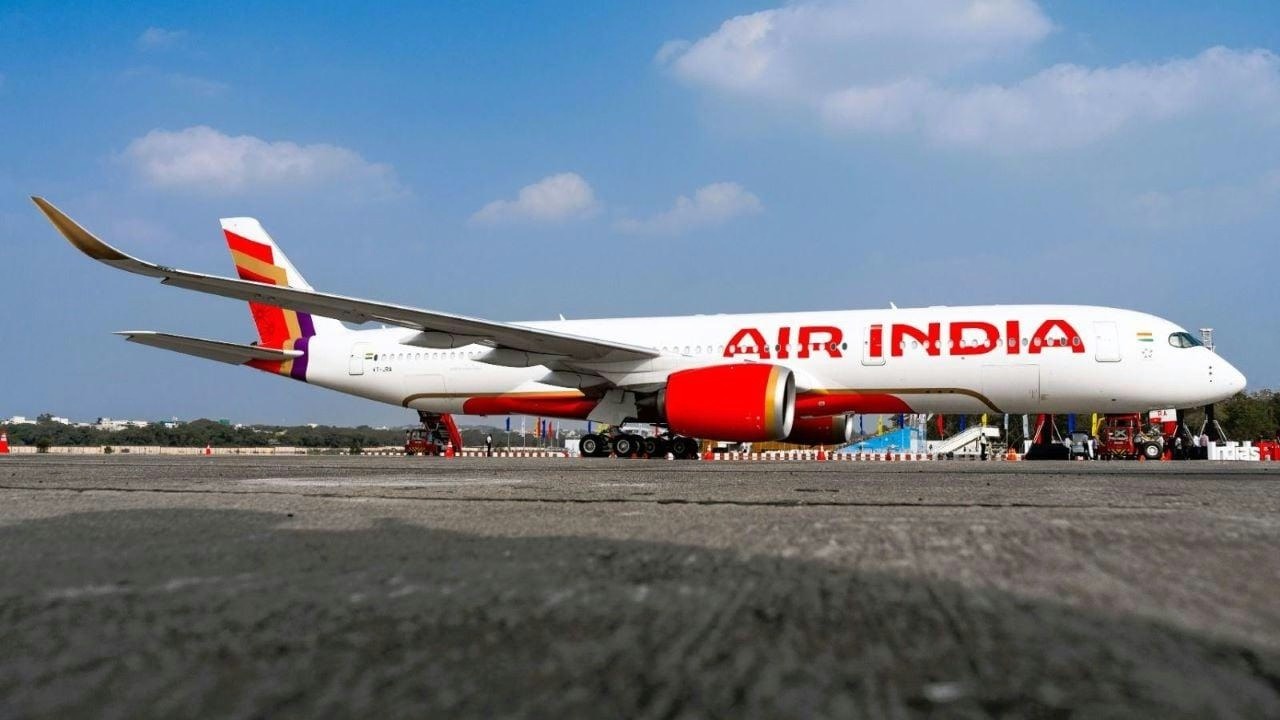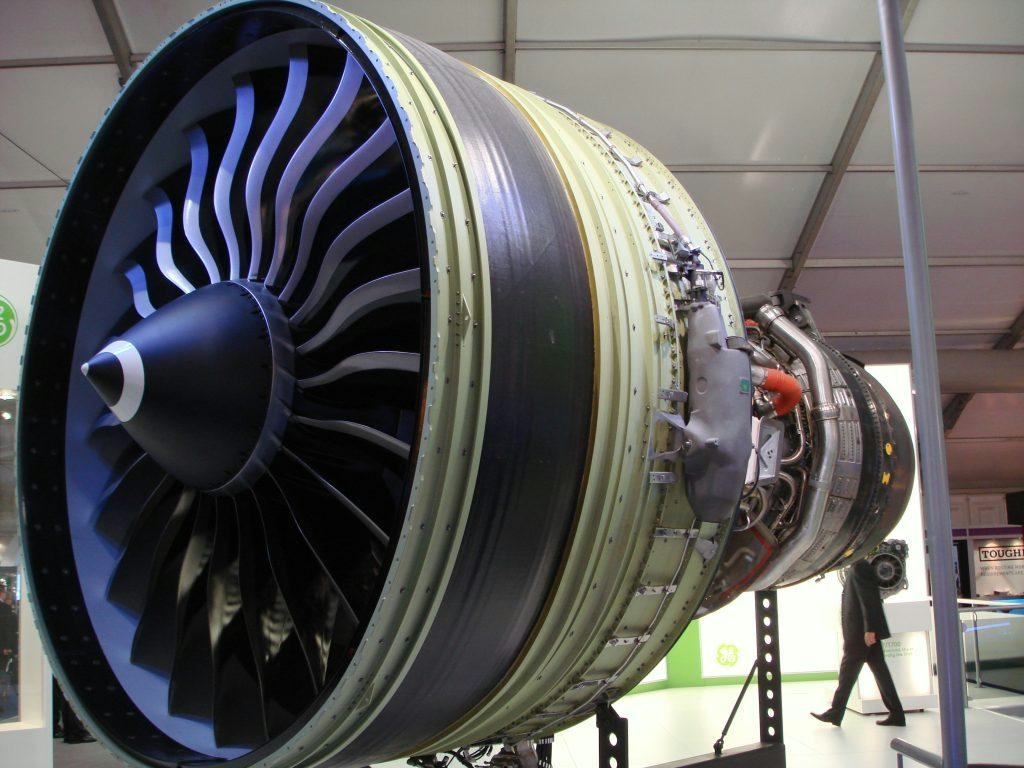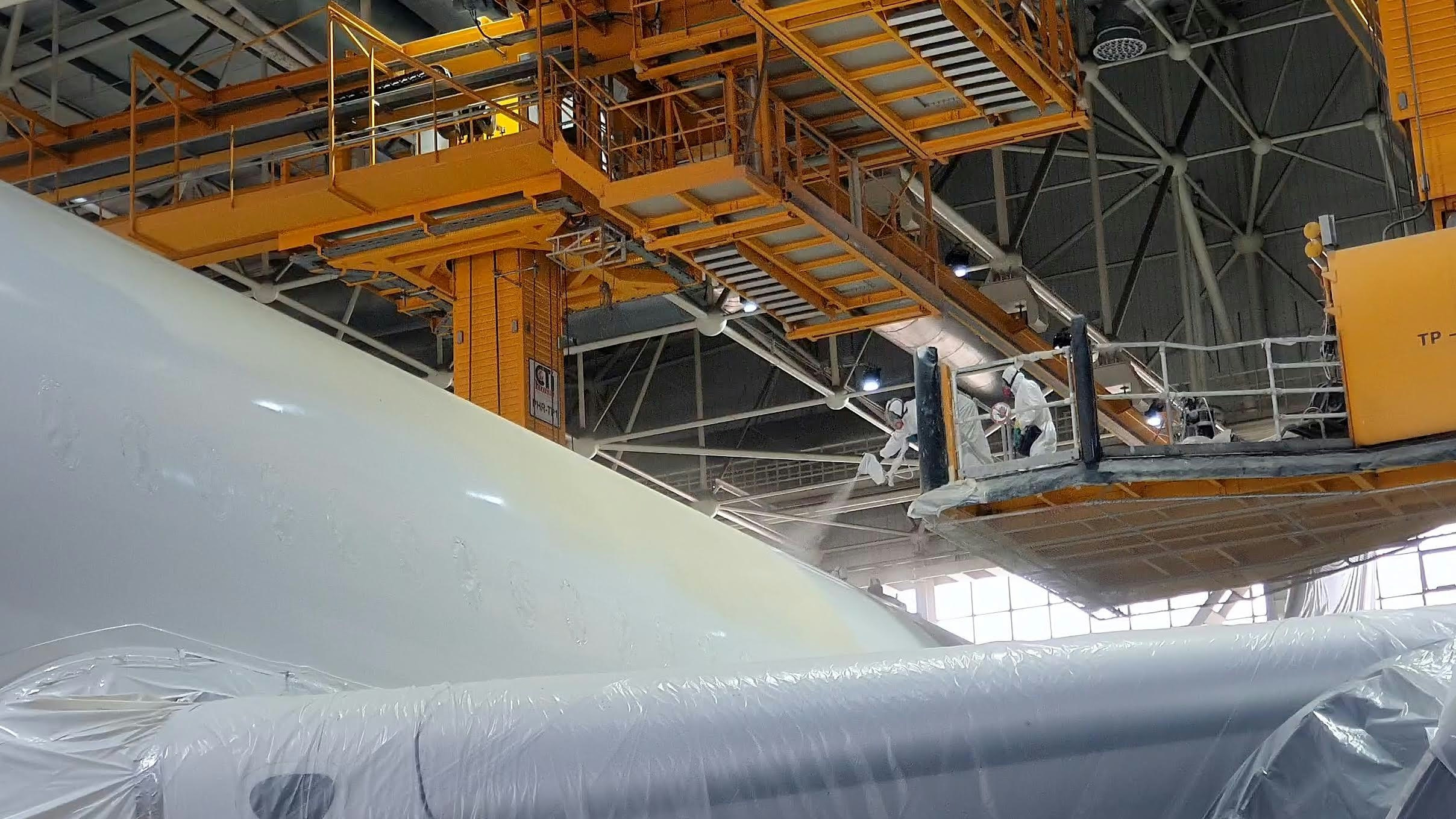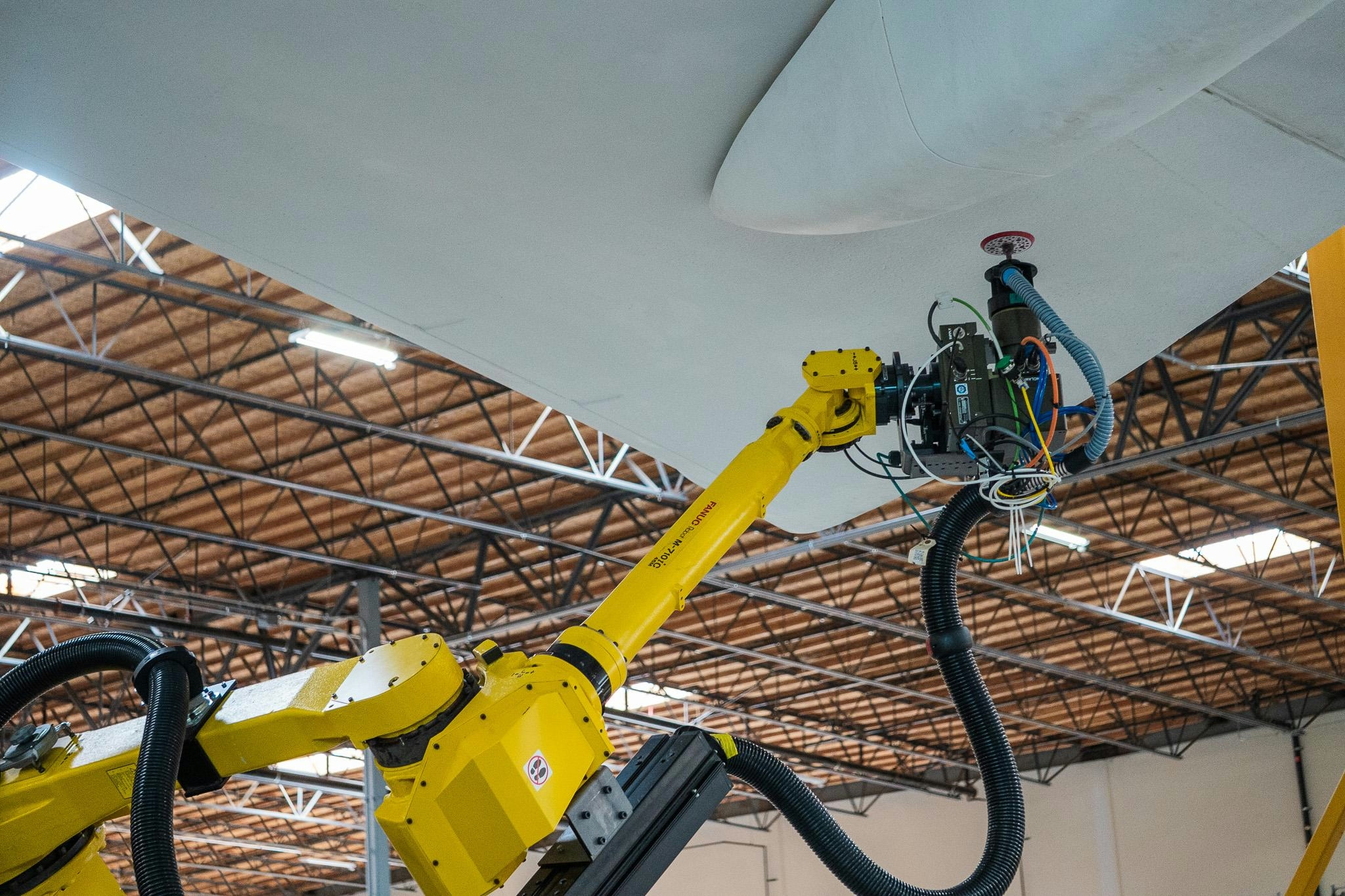
AeroGenie — Votre copilote intelligent.
Tendances
Categories
Air India Flight from Tokyo to Delhi Diverted to Kolkata Over Cabin Heat Problem

Air India Flight from Tokyo to Delhi Diverted to Kolkata Due to Cabin Heat Issue
Air India faced renewed operational challenges over the weekend when flight AI357, traveling from Tokyo’s Haneda Airport to Delhi, was diverted to Kolkata after the crew detected unusually high temperatures in the cabin. The incident, which occurred on June 29, has intensified concerns about the airline’s safety and reliability, especially in the aftermath of the deadly Ahmedabad crash earlier this month.
Details of the Diversion and Passenger Response
An Air India spokesperson confirmed that the diversion was a precautionary measure taken after persistent warmth was experienced inside the aircraft cabin. The flight landed safely in Kolkata, where the plane is currently undergoing thorough technical checks. Passengers were assisted by ground staff, provided with refreshments, and offered alternative arrangements to complete their journey to Delhi. The airline expressed regret for the inconvenience caused and assured that all necessary support was being extended to those affected.
Context of Recent Operational Setbacks
This incident follows a series of disruptions that have raised questions about Air India’s operational integrity. Just two days prior, flight AI639 from Mumbai to Chennai returned to Mumbai shortly after takeoff due to a burning smell detected in the cabin. Passengers were safely transferred to another aircraft. On the same day, a non-specific security alert on a separate Air India flight led to standard security procedures before the aircraft was cleared for departure. Additionally, an Air India Express flight from Delhi to Jammu was forced to turn back mid-flight because of a technical issue, with passengers subsequently accommodated on a different plane.
These repeated operational challenges come in the shadow of the June 12 crash of Flight AI-171 near Ahmedabad, which resulted in 260 fatalities. The tragedy has prompted intensified internal inspections and heightened regulatory scrutiny across India’s aviation sector.
Implications for Air India’s Future
The diversion of the Tokyo-Delhi flight also raises concerns about the progress of Air India’s Vihaan.AI transformation program, an ambitious initiative aimed at modernizing the airline and restoring its reputation. Industry analysts caution that ongoing operational issues could erode customer confidence and investor trust, potentially hindering the airline’s momentum at a critical time. Market observers have noted that persistent safety and reliability problems may create opportunities for competitors to capture market share if Air India does not address these challenges promptly.
As Air India seeks to reassure passengers and stakeholders, the airline faces increasing pressure to demonstrate concrete improvements in safety and operational reliability to safeguard its brand and maintain its position in a highly competitive aviation market.

FAA Issues Airworthiness Directive for GE90 Engines After Powder Metal Contamination Found

Flying taxis could take off this year in Florida

ASKY and TAAG Angola Airlines Establish In-House MRO Facilities to Support Fleet Expansion

Airbus to Release Audited 2025 Orders and Delivery Data on January 12

Biman Bangladesh Selects Boeing for New Aircraft Order

Amazon Cancels Italian Drone Delivery Plans Days Before Launch, Setback for U-space

Lufthansa Celebrates 100 Years of Aviation Innovation

How AI Is Transforming Aviation

Comply365 Acquires MINT Software Systems
